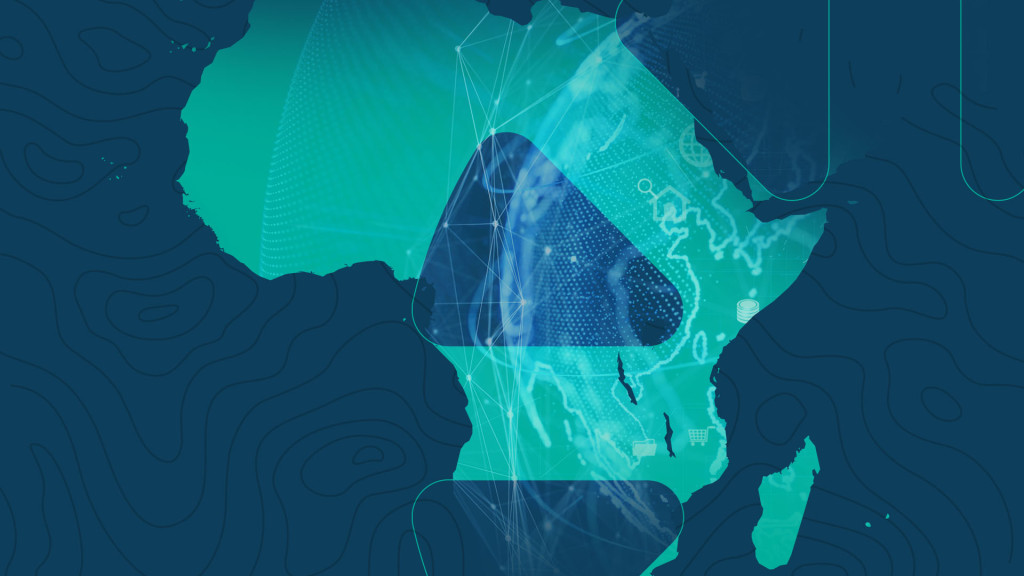Ghanaian journalists warn proposed cybersecurity amendments could affect press freedom
Ghana’s proposed Cybersecurity (Amendment) Bill has prompted warnings from the Ghana Journalists Association, which fears the reforms could unintentionally restrict press freedom if adopted without consultation. Speaking at a press briefing in Accra, GJA President Albert Kwabena Dwumfuor backed stronger cybersecurity laws but urged Parliament to engage media, civil-society groups, and digital-rights experts before passing the bill.

The Ghana Journalists Association (GJA) has raised concerns about the country’s proposed Cybersecurity (Amendment) Bill, warning that some provisions could restrict media freedom and free expression if adopted without sufficient public consultation.
The comments were made by GJA President Albert Kwabena Dwumfuor at a press briefing in Accra on 3 November, held to mark the International Day to End Impunity for Crimes Against Journalists.
Dwumfuor said the association supports efforts to update Ghana’s cybersecurity framework but emphasised that reforms must align with constitutional protections for fundamental rights.
He urged lawmakers to engage media stakeholders, civil-society groups, digital-rights advocates, and technology experts before passing the bill. ‘We call for broad engagement, public consultation, and education,’ he said, adding that any law affecting the digital environment should reflect contributions from those directly impacted.
According to the GJA, moving too quickly risks unintentionally curbing journalistic work and weakening democratic accountability. Dwumfuor cautioned that cybersecurity reforms designed to tackle online harm should not be used to limit reporting or critical commentary.
Several civil-society organisations, media representatives, and members of the parliamentary opposition have echoed similar concerns. They argue that without appropriate safeguards, the amendments could be used to target journalists and citizens who criticise public officials or government policies.
context and next steps
The Cybersecurity (Amendment) Bill, 2025, aims to address emerging digital threats, expand regulatory powers, and bring Ghana’s cybersecurity standards closer to international frameworks. Supporters say it will strengthen the country’s ability to manage online risks and protect national infrastructure.
However, critics stress that cybersecurity laws must avoid infringing on free expression. Dwumfuor reiterated the media’s role in maintaining transparency and noted that any restrictions risk undermining public trust and democratic processes.


